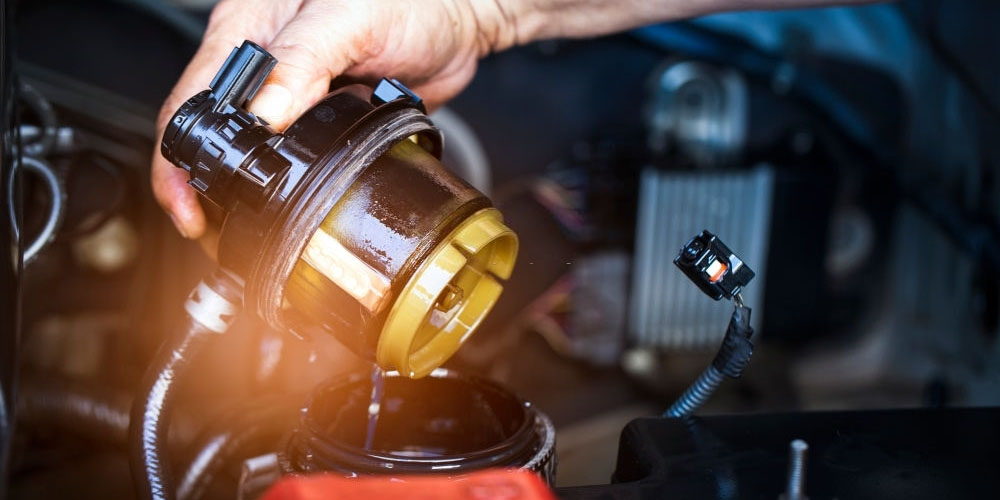Mechanical pumps with low pressure located outside the gasoline tank are common for carbureted engines. As opposed to this, fuel-injected engines often use electric fuel pumps installed inside the tank (a sort of industrial pump).
For the engine to function effectively, Fuel pressure has to be fall within a set of parameters. If the fuel pressure is too high, it will have a rich, gritty running. Since it won’t use up every drop of gasoline being forced, which makes the engine ineffective and polluting.
To catch the pollutants, a fuel pump may also have a bowl or a plastic gauze filter. An air cleaner with a paper filter element sits over the air intake of the carburetor and purifies the air. So here in this article, we are going to study the fuel pump, its types fuel pump cost, and all its working principles.
Types of Fuel Pumps:
Two of the major types of Fuel pumps are discussed here;
Electric Fuel Pump
In fuel tanks of modern vehicles and cars, this pump is used. High pressure is generated in the fuel lines by the pumping of petrol into the engine. Because of the highest pressure boiling point of gasoline rises to convert them into vapors.
One of the advantages of electric fuel pumps is to minimize the risk of fire. Fuel consumption of the engine may also be reduced.
Mechanical Fuel Pump
Most gasoline engines also relied on mechanical fuel pumps for the transferring of fuel to the carburetor from the fuel tank. Plunger types as well as diaphragm type pumps are considered the most famous mechanical fuel pumps.
Working Principles of Fuel Pump
- As we know the fuel pump is found in every kind of vehicle utilizing a combustion engine.
- In the case of an electric fuel pump, it is powered with the help of a small motor that sucks the fuel from the gas tank.
- Gasoline is delivered by the fuel line to the cylinder or carburetor.
- Your fuel line may go directly to the cylinder or detour somewhere else, depending on your engine.
- In carbureted engines, fuel and air are injected together, resulting in a mixture in the carburetor. Next, the mixture travels to the cylinder.
Cost of Fuel Pump
Fuel pumps are not routinely maintained and must only be changed when they malfunction. Most gas stations should endure for at least 100,000 miles. A bad fuel pump will significantly reduce your car’s performance and usability.
Depending on the car and its age, replacing a fuel pump might cost anywhere from $220 to $1,062. The cost of labor is projected to be between $124 and $260, and the cost of parts is between $95 and $854. Estimates exclude taxes and other costs.
Concluding Words
From this recent article, you will have a detailed idea of the fuel pump, its working principles, and the cost of the fuel pump if you are going to make a purchase for your vehicle. Hope you find this article interesting and please let us know how you found this article.
